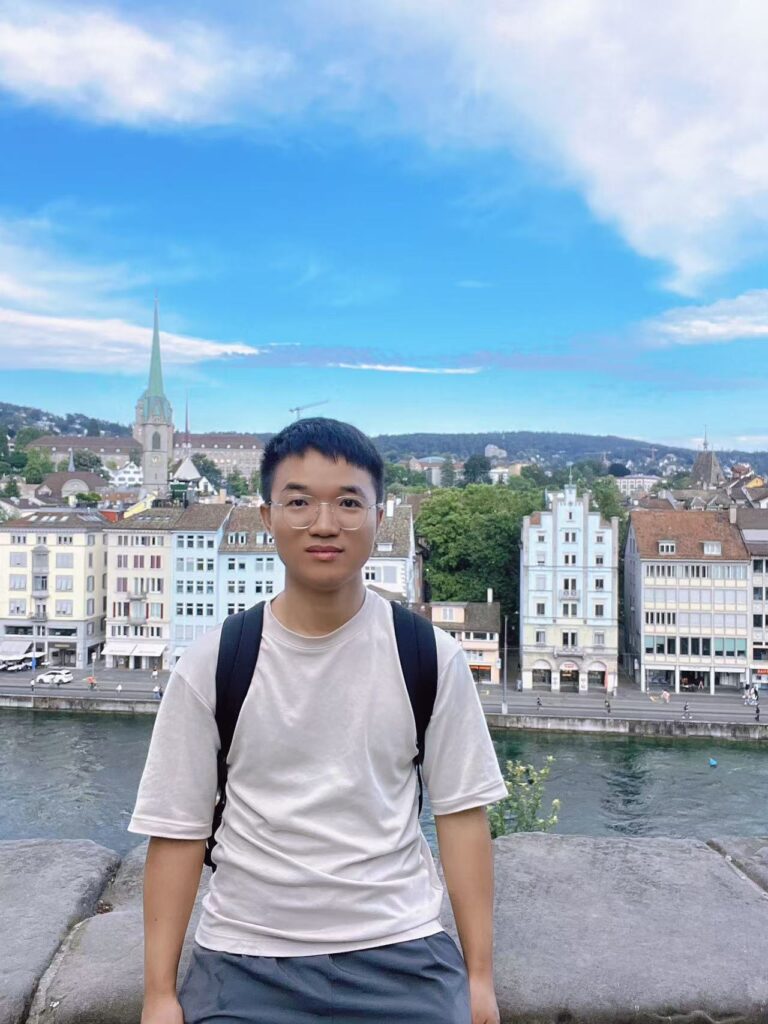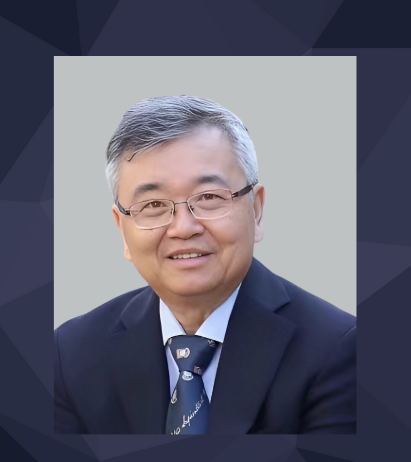Young Scholar TechTalk – From Grains to Landslides: An Efficient Particle Method for Simulating Large Deformation of Geomaterials
May 13 2024 (Tuesday) 4:30-5:30pm
Mr Shuaihao Zhang is currently a fourth-year Ph.D. candidate in the Department of Civil Engineering at the University of Hong Kong, supervised by Professor Sérgio D.N. Lourenço. He previously obtained his B.Eng. and M.Eng. degrees from Central South University. During his Ph.D. studies, he spent one year as a visiting researcher at the School of Engineering and Design, Technical University of Munich, under the supervision of PD Dr. Xiangyu Hu. His research focuses on improving the stability and accuracy of Smoothed Particle Hydrodynamics (SPH) algorithms and applying them to simulate large deformation problems in geotechnical engineering.




